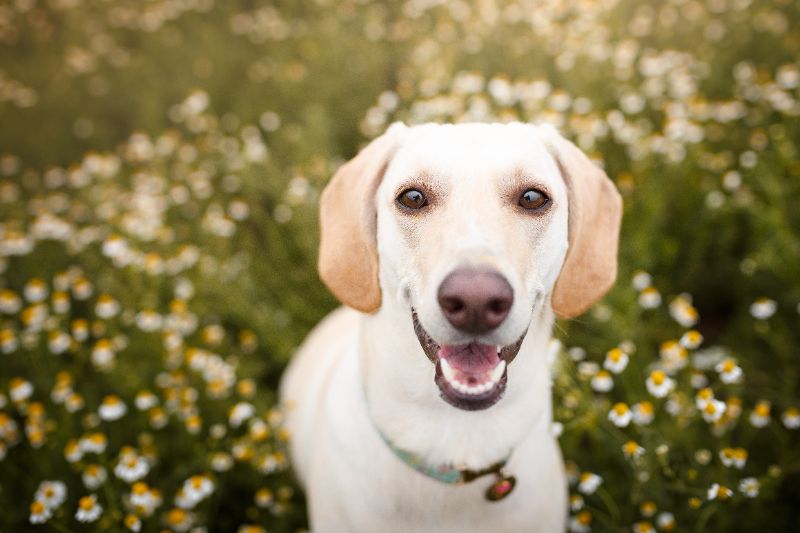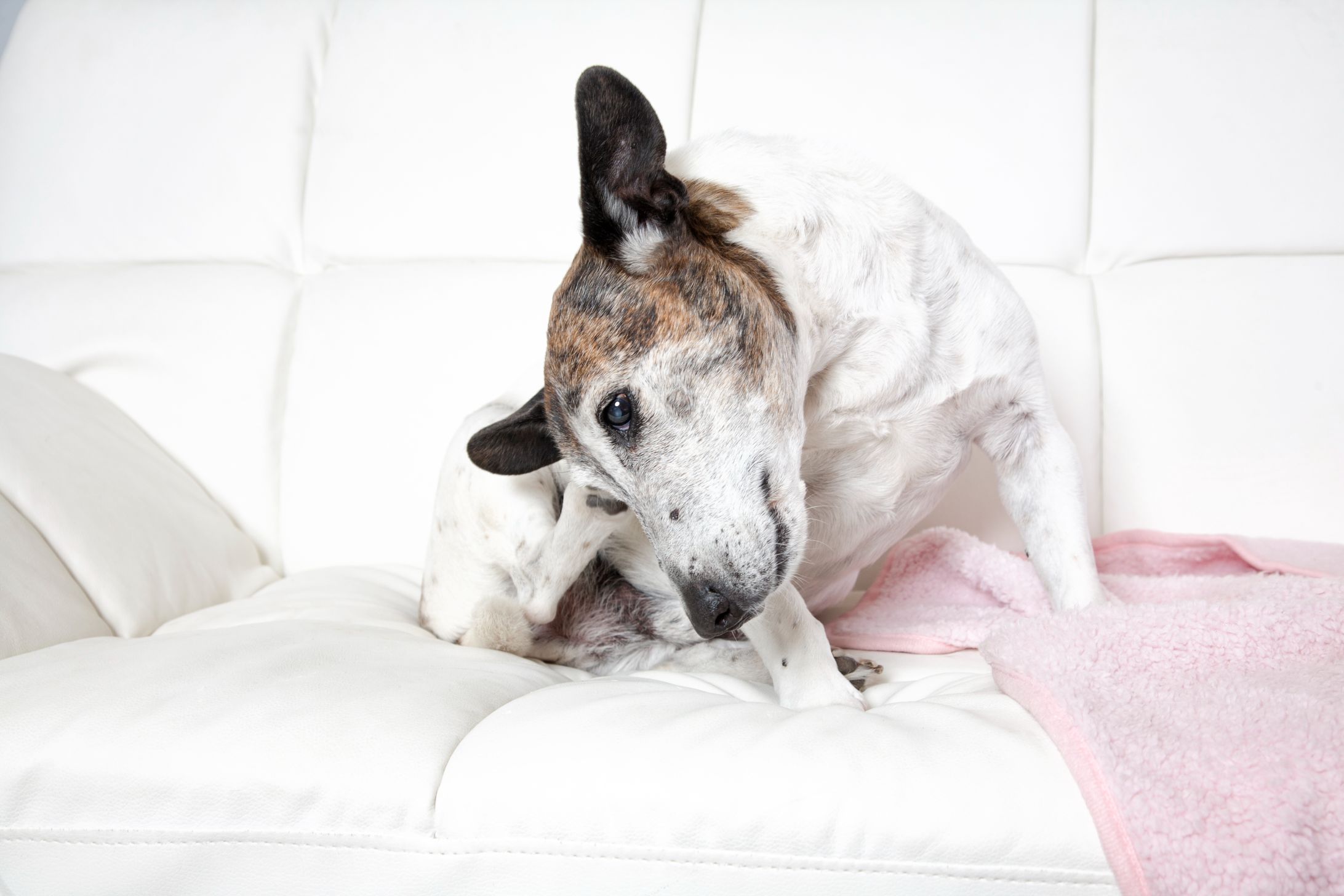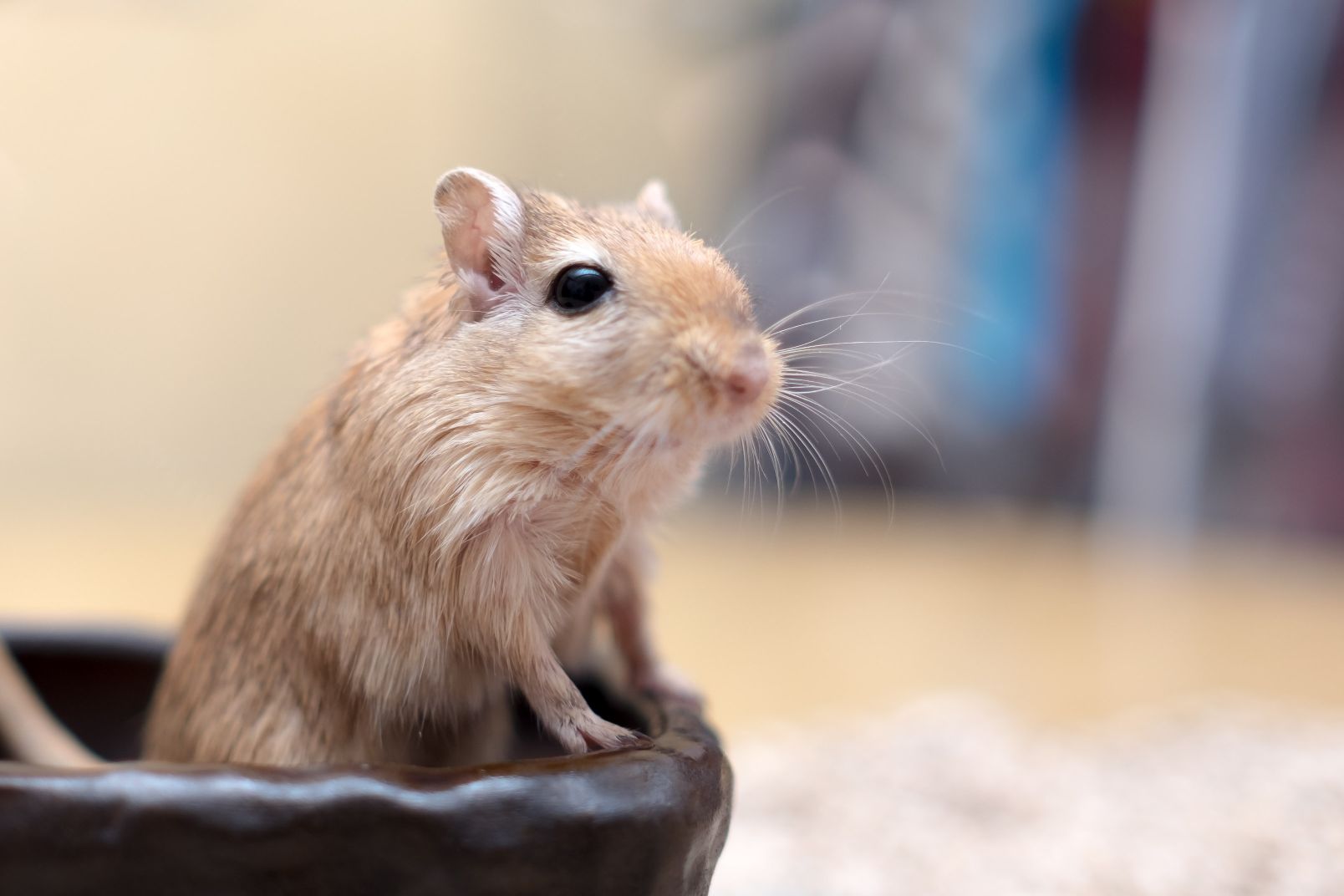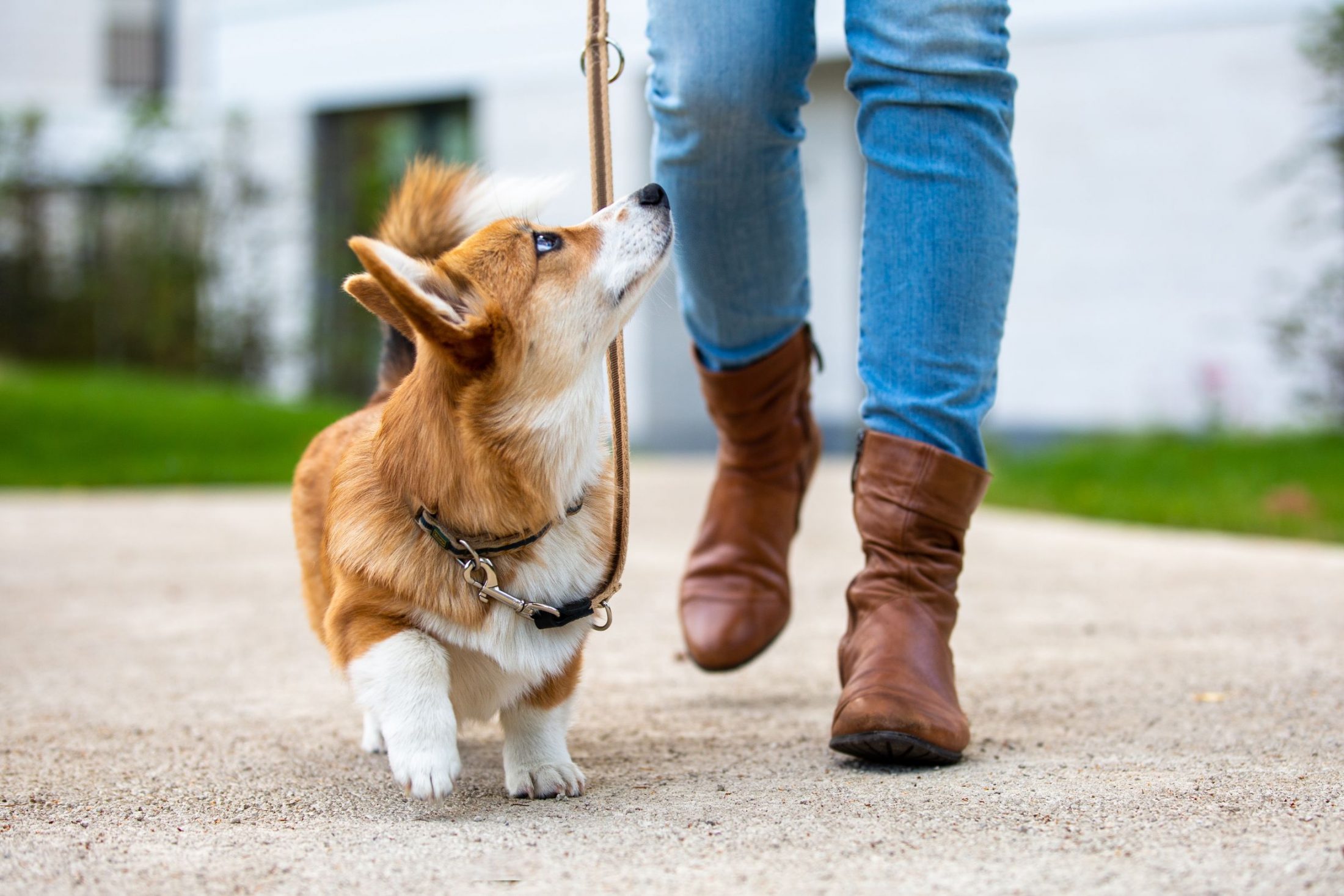
Spring has officially sprung, and if you are like us at Summeridge Animal Clinic we are sure that you are itching to get outside and do a little gardening. And like us, you probably have a furry friend or two that might be joining you.
Having a green thumb doesn’t mean that you need to trade in your pet’s safety, however. We have plenty of tips on pet friendly gardening so that everyone gets to enjoy the sunshine.
Pick Your Plants
When deciding what to plant in your garden, taking your pets into account is important. It is only natural for them to be curious about what you are growing, so be sure to consider that they may take a nibble at some point.
Most garden plants are fine for pets, but there are a few that can be toxic. These include:
- Hops (ingestion can cause high body temperatures, seizures, and even death)
- Chives, onions, and garlic (if ingested in large quantities)
- Rhubarb (the oxalates in it can lead to urinary issues)
- Tomato plant (the vines and leaves can cause problems if ingested)
If you choose to grow these plants, it is best to secure them from your pet’s access.
If you are a flower lover, be sure to do your research about which plants are safe and which pose potential hazards to your pet. ASPCA Animal Poison Control maintains a pretty extensive list of toxic and non-toxic plants for your reference.
Snapdragons, roses, aster, honeysuckle, lavender, sunflowers, and calendula are all great pet-friendly selections.
If you think that your pet may have ingested a potentially toxic plant, time is key. Call us immediately for advice on how to proceed.
Pet Friendly Gardening Techniques
When it comes to pet friendly gardening, things go beyond appropriate plant selection. Many common gardening practices hold some risk for our pets. It’s important to understand what these are and seek alternatives where appropriate.
Our pet safe gardening recommendations include:
Avoid chemicals – Fertilizers, weed control, and other common gardening chemicals are potentially harmful to pets (and likely us as well). Use natural options where possible and be sure to use caution when you must utilize them.
Steer clear of slug and snail bait – Slugs and snails are common garden pets, but the commercial chemical baits used to kill them are quite toxic to all forms of life (including wildlife). Use organic options instead.
Secure your shed – Garden sheds are typically filled with all sorts of lotions and potions that can pose a threat to pets. Keep these items secured from unwelcome visitors.
Control your compost – While composting is a great practice, the compost bin can be full of food scraps that are enticing for pets and may even contain harmful items like grapes and avocado pits. Be sure that your dog does not have access to the compost heap.
Cocoa’s a no-no – Cocoa shell mulch is a no-no in homes with pets. Ingestion can have the same toxic effects as chocolate.
There is no reason that your pet can’t join in your gardening endeavors. Pet friendly gardening practices help to keep everyone safe and allow us all to enjoy the season together. We wish you a happy spring and a bountiful harvest this summer!



